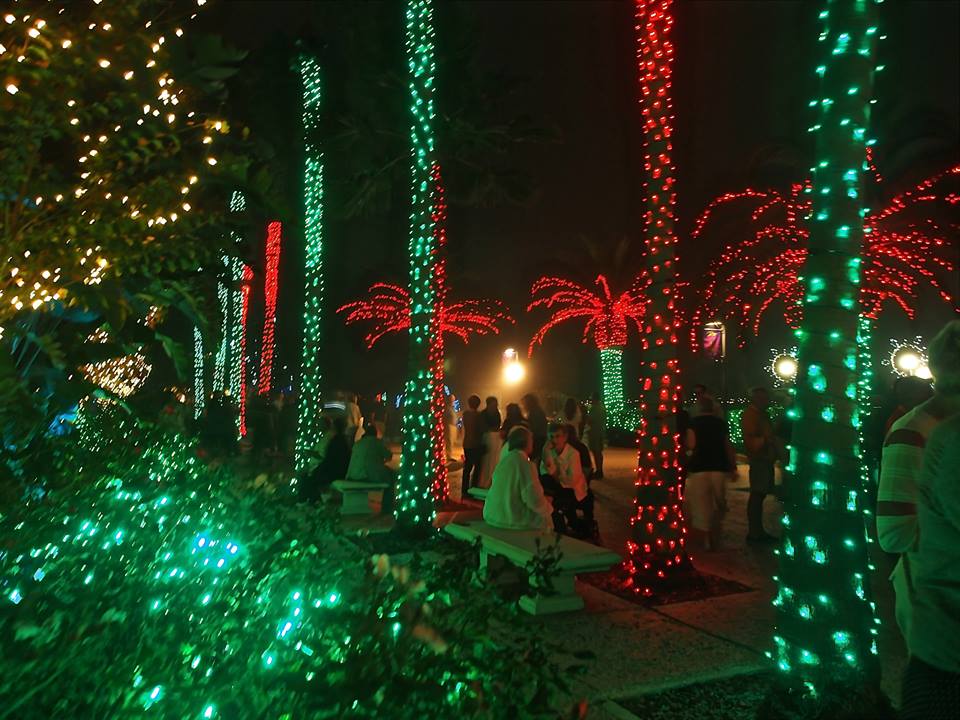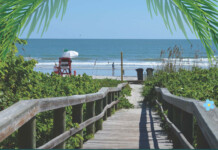Before you deck the halls and transform your home into a festival of lights, calculate how your twinkling holiday displays will affect your winter energy bills.
To help customers plan and manage their displays, Duke Energy offers a holiday lighting energy calculator that estimates holiday lighting costs: www.duke-energy.com/lightscalculator.

Users can identify the type of lights, the number of 100-bulb strands and how many hours the lights will be used per day to estimate the energy cost per day and per month. Based on your selections, you can receive energy-efficient tips and options.
“An easy way to save money during the holidays is to estimate your energy costs before decorating to incorporate budget-friendly lighting options,” said Sasha Weintraub, Duke Energy senior vice president of customer solutions. “That way you can still dazzle your friends and neighbors with your holiday decorations and save energy and money.”
 Light-emitting diode, or LED, bulbs are more energy efficient than traditional incandescent bulbs. For example, six 100-bulb sets of large, incandescent bulbs (600 bulbs total) plugged in six hours every evening can add as much as $75.60 to a monthly power bill.
Light-emitting diode, or LED, bulbs are more energy efficient than traditional incandescent bulbs. For example, six 100-bulb sets of large, incandescent bulbs (600 bulbs total) plugged in six hours every evening can add as much as $75.60 to a monthly power bill.
By comparison, six 100-bulb sets of similarly styled LED bulbs would increase a monthly power bill by only about $10.80. Using six 100-bulb sets of mini-LED bulbs would increase a monthly power bill by less than $1 ($.76).
The Florida Botanical Garden Foundation’s ‘Holiday Lights in the Gardens’ event, in Pinellas County, features more than 750,000 LED and laser light in its displays. The foundation made the switch from traditional incandescent bulbs to the more efficient LED bulbs four years ago.
One of the displays during this year’s event is a train that is lit with 1,250 LED lights. For that display alone, it would cost approximately $2.50 a day or $75 a month to light the train with incandescent bulbs. Energy costs for that display are lowered by 90 percent to $.25 a day or $7.50 a month with LED bulbs.
“In addition to being more energy efficient and environmentally-friendly, we’ve also noticed the LED bulbs provide a crisp, bright look for our displays that showcase the gardens better,” said Terry Berube, president of the Florida Botanical Gardens Foundation. “Gone are the days of being limited to traditional Christmas colors. We now incorporate more vibrant colors into our displays that illustrate our designs in a more artistic way. The fact that they’re safer for our visitors, by being cool to the touch, is also an added benefit.”
For more tips and information on how to save energy and money, visit www.duke-energy.com.














